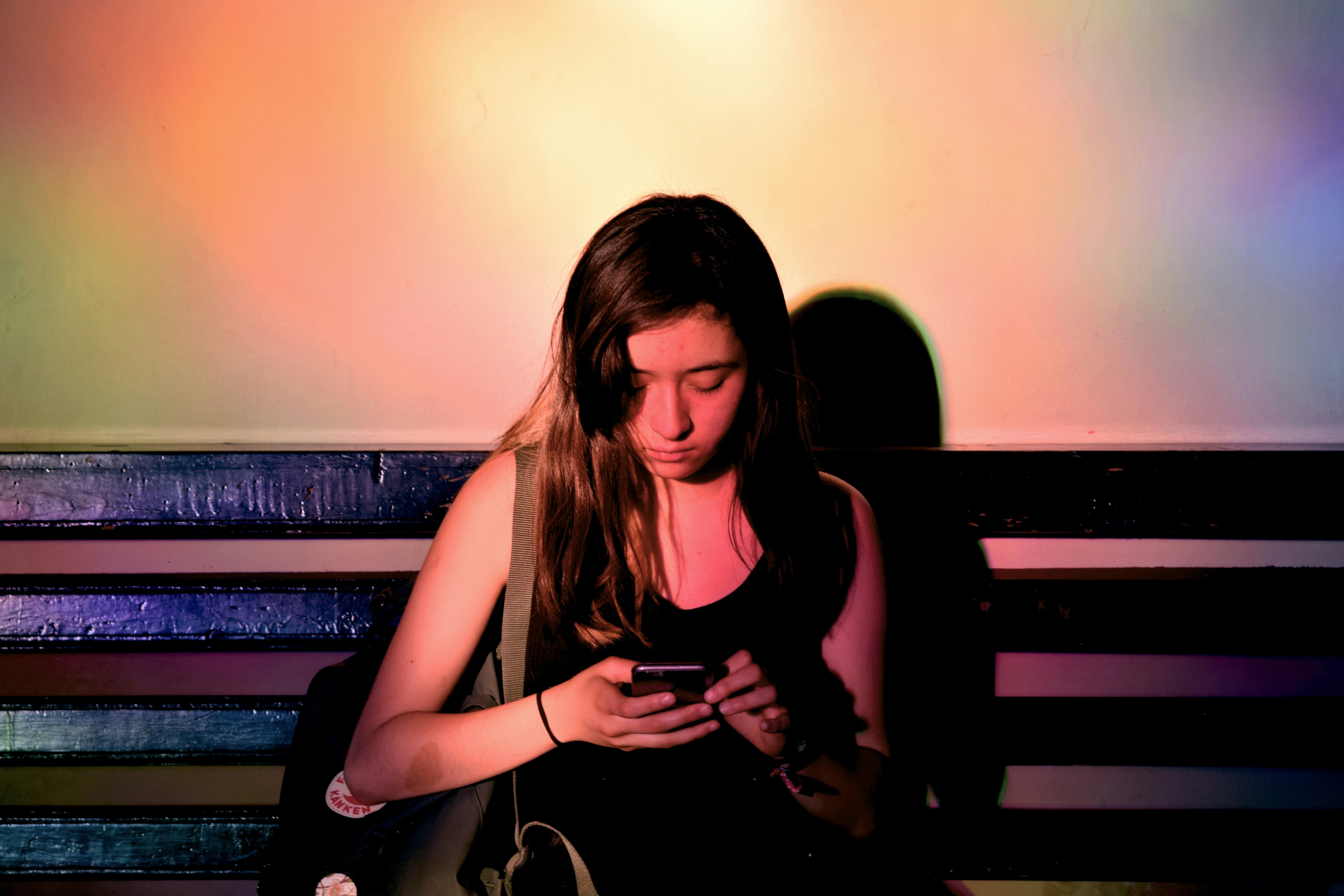News release
From:
Psychology: Teens with mental health conditions spend more time on social media
UK adolescents (aged between 11 and 19 years old) with mental health conditions reported spending more time on social media than those without mental health conditions finds a study involving over 3,000 adolescents, published in Nature Human Behaviour. Understanding these differences in social media use in adolescents could be useful for designing appropriate clinical interventions.
Social media use amongst adolescents is widespread, with 93% of 12–17-year-olds in the UK having at least one social media profile. At the same time, the mental health of adolescents is worsening. Previous research has found that one in six 7–16-year-olds and one in four 17–19-year-olds in the UK have a probable mental health condition.
Luisa Fassi and colleagues analysed survey data from 3,340 UK adolescents aged 11 to 19 years old, 16% of whom were diagnosed with at least one mental health condition. The authors found that participants with mental health conditions reported spending significantly more time on social media (a mean of approximately 50 extra minutes per day). The authors also found that participants with mental health conditions reported less satisfaction with the number of friends on social media, as compared with those without mental health conditions. The researchers also found that those participants with internalizing conditions — such as depression or anxiety disorders — spent more time on social media, compared themselves more to other people on social media, and experienced a greater effect on their mood from the amount of online feedback (the number of likes, shares and comments received on a post). These participants were also less happy about their number of online friends and were less likely to be honest about their feelings on social media posts.
The authors note that future research is needed to establish any causal relationships between social media use and mental health conditions in adolescents, and that future work should include participants from other countries.



 International
International



